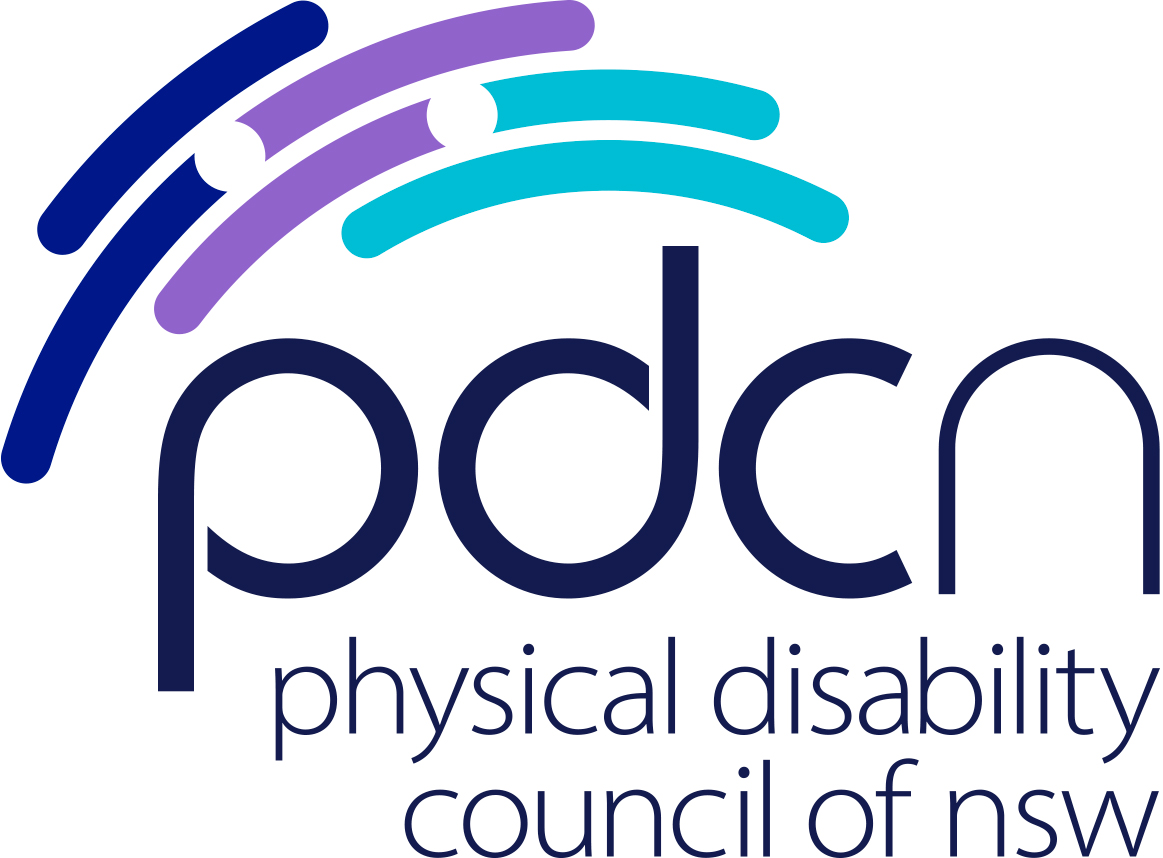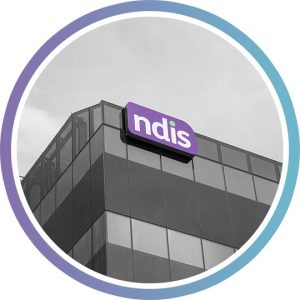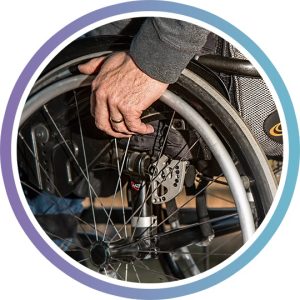Most of us have experienced a drastic rise in spam phone calls and text messages over the past year, designed to feed on our anxieties about missing a package delivery or getting in trouble with the ATO. And we’ve all become sadly familiar with hearing about fraudulent or abusive NDIS providers.
At PDCN we’ve recently noticed another concerning trend – more and more Facebook ads (otherwise known as sponsored posts) that at first glance seem to be by NDIS providers, but on closer inspection turn out to be extremely dodgy or outright fraudulent. Getting involved with these shady operators poses a serious risk to people with disability and their families, and we all need to know what to look for in order to protect ourselves. So, we thought it would be helpful to provide a simple checklist of things to watch out for before you contact or engage in any way with someone on Facebook who appears to be an NDIS provider. If you notice any combination of the following warning signs, please use caution.
We’ll break this list into things to look for on Facebook itself, and then what to look for if you end up on a provider’s website.
If you’re on Facebook, bear these points in mind:
- NDIS providers are not allowed to use the word ‘NDIS’ in their business name. If you see an ad from a provider doing this it is an instant signal to steer away. (Note that providers are allowed to use the ‘I/we heart NDIS’ and ‘I/we support NDIS’ logos on their website.)
- The way Facebook page owners respond to questions is also important. If you notice that people ask questions which are ignored, or the people running the page request lots of personal information or a direct message in order to answer simple questions (such as ‘What services do you provide?’) then this is a warning sign. At the best, their customer service is lacking, and at worst they are trying to pull you in.
- The vast majority of legitimate NDIS providers will have a proper website with information about their services, as well as a Facebook page. If they only have a Facebook page or you can’t find a link to a real website, consider moving on.
- Be wary if you notice that the same people are liking and responding to all the posts on a provider’s Facebook page. It may be a sign that they’re trying to pump up their apparent social media engagement rates and appear more popular than they really are.
If you find yourself looking at a provider’s website to find out more, bear these points in mind:
- As noted above, NDIS providers are not allowed to use the word ‘NDIS’ in their business name, and neither are they allowed to use it in their website domain name. If you see an ad from a provider doing this it is an instant signal to close the webpage.
- If information seems to be missing from website pages, be careful. This can be a trick to get you to contact them for more information, giving them an opportunity to reel you in. Or it might just be due to carelessness on their part – we’ve noticed websites which use a lot of placeholder text such as the lorem ipsum text commonly used by website developers.
- Sometimes the text on a website is very vague, uses an unnecessary amount of jargon, or ‘inspirational’ quotations in an attempt to sound convincing. Be careful if you notice this.
- All NDIS providers should have their policies and procedures available to easily view on website.
- Check for an ABN on the website. You can also check whether they say they are a registered NDIS provider; they don’t have to state whether they’re a registered provider or not, but it’s a useful guide.
- If the website contact page forces you to disclose an unnecessary amount of information to receive answers to simple questions, or if your questions remain unanswered, do not engage with them further.
If you want to act on what you suspect may be an ad by a fraudulent operator, reporting the ad to Facebook may not be the most effective way to get the issue resolved. Similarly, don’t accuse people running a Facebook page of anything untoward, as it risks landing you in hot water and is unlikely to help. We recommend that you use the regulatory bodies within Australia to report your suspicions.
The Australian Competition and Consumer Commission run a Scamwatch service where you can report these issues. Find it at www.scamwatch.gov.au/report-a-scam.
You can also report suspicious behaviour directly to the NDIS Fraud Reporting and Scams Helpline by calling 1800 650 717 or emailing fraudreporting@ndis.gov.au. Find out more here www.ndis.gov.au/contact/report-suspicious-behaviour.
The NDIS Quality and Safeguards Commission also provides an avenue to complain about NDIS providers; you can find out more about making a complaint at their website www.ndiscommission.gov.au/about/complaints.



